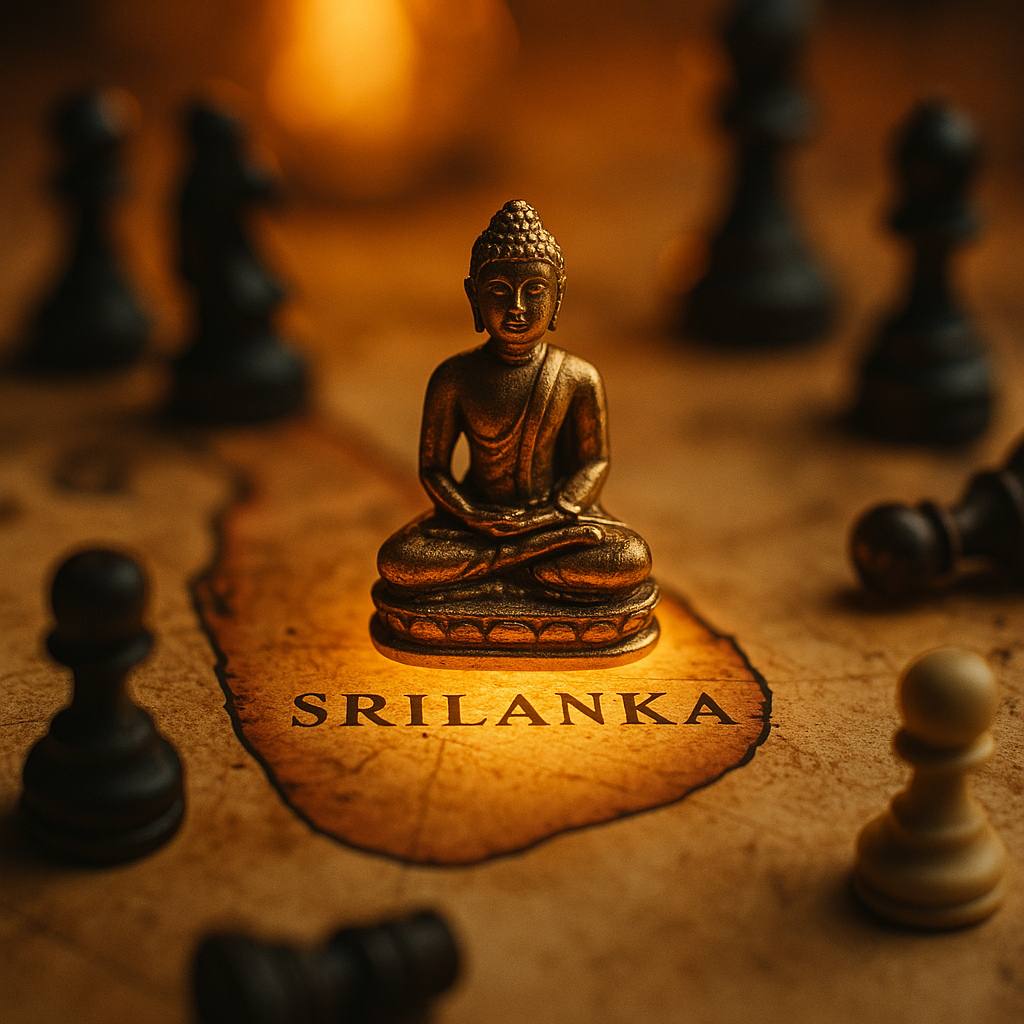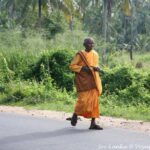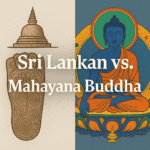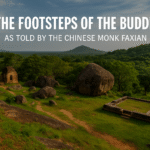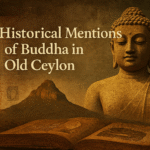The 6th to 5th century BCE was one of the most explosive periods in ancient world history. Empires rose, cities burned, and kings expanded their rule across continents. And yet, in the middle of it all, a great silence surrounds the life of one of the most influential spiritual teachers in history — the Buddha.
He is said to have been born a prince, walked away from royal life, attained enlightenment, and shared a profound message of liberation. But if he was truly a prince, and his teachings were so world-shaking — why does the rest of the world say nothing about him?
Not Persia.
Not Babylon.
Not Egypt.
Not even China.
And if these mighty kings noticed every grain of gold and drop of oil across their borders…
Did they somehow fail to notice India itself?
Did their scribes, spies, and soldiers skip over the land that supposedly gave birth to the Buddha?
We don’t think so.
Are we doubting the Buddha’s nobility? Not at all.
We are simply asking:
Was his royal life truly in India — or have we been looking in the wrong place all along?
The Rulers of the Known World During Buddha’s Lifetime
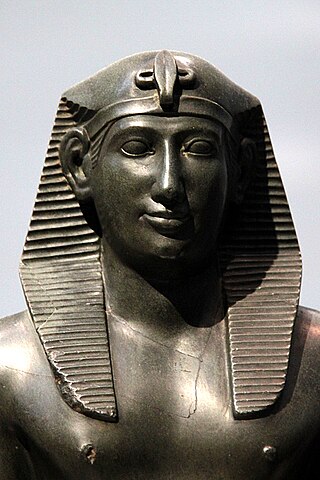
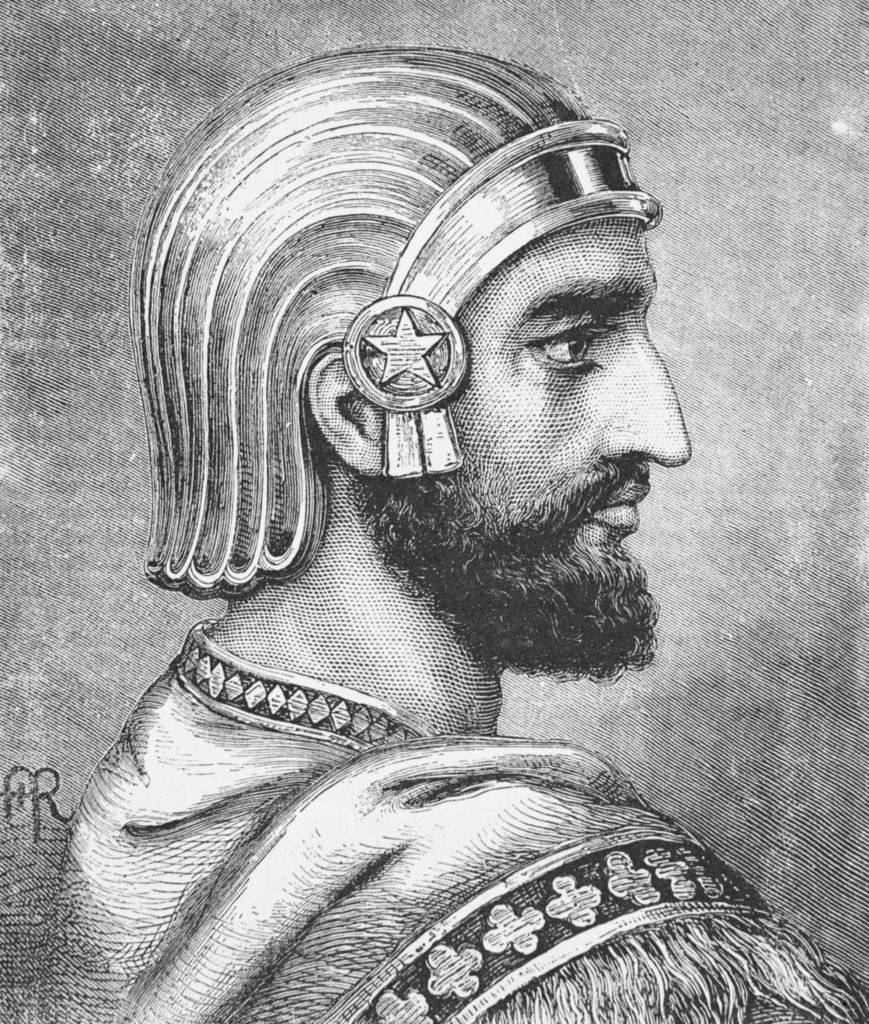
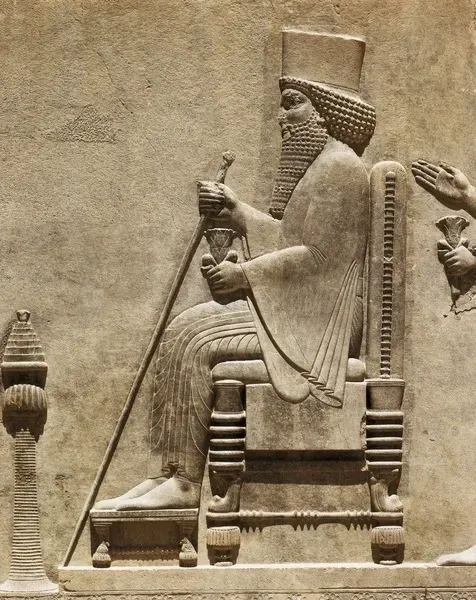
Most traditional sources place the Buddha’s life between 563–483 BCE. Here’s who ruled the rest of the world during that time:
| Region | Ruler(s) | Empire | Known Power |
|---|---|---|---|
| Persia | Cyrus the Great, Darius I, Xerxes I | Achaemenid Empire | Ruled from the Aegean Sea to the Indus River (including Egypt, Babylon, modern-day Pakistan) |
| Babylon | Nabonidus (last king) | Neo-Babylonian Empire | Conquered by Persia in 539 BCE |
| Greece | Pisistratus, Cleisthenes, early Pericles | City-States | Athens, Sparta, rising military powers |
| Egypt | Psamtik III | 26th Dynasty | Conquered by Persia in 525 BCE |
| China | Eastern Zhou Dynasty | Spring & Autumn Period | Dozens of small warring kingdoms |
Every one of these civilizations left behind records, inscriptions, and chronicles — yet none mention the Buddha, none mention Buddhism, and none mention a prince who walked away from a kingdom to spread peace.
But Wasn’t the Buddha Born a Prince?
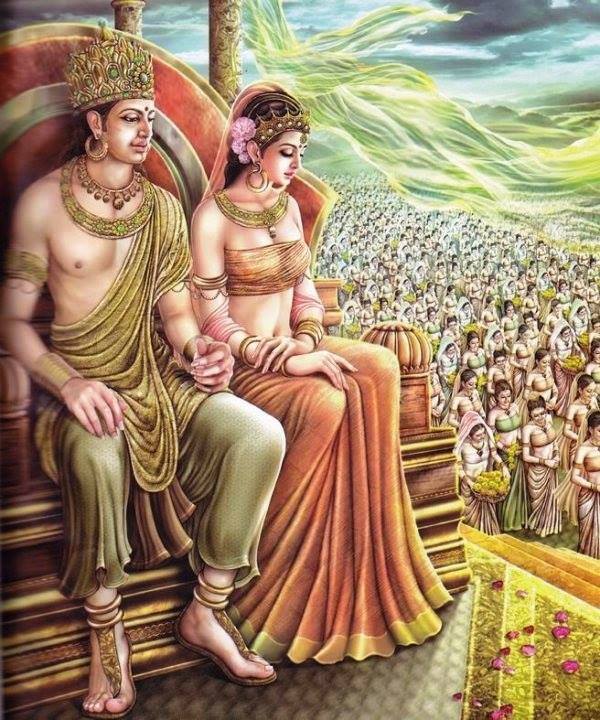
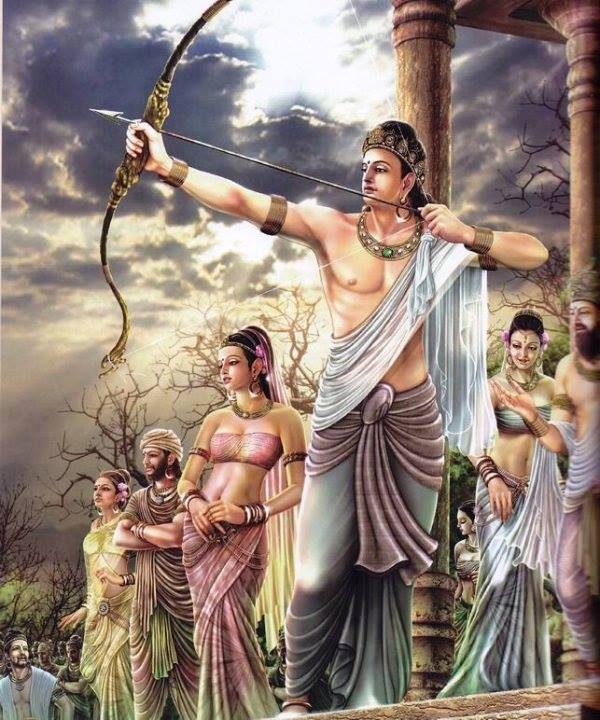
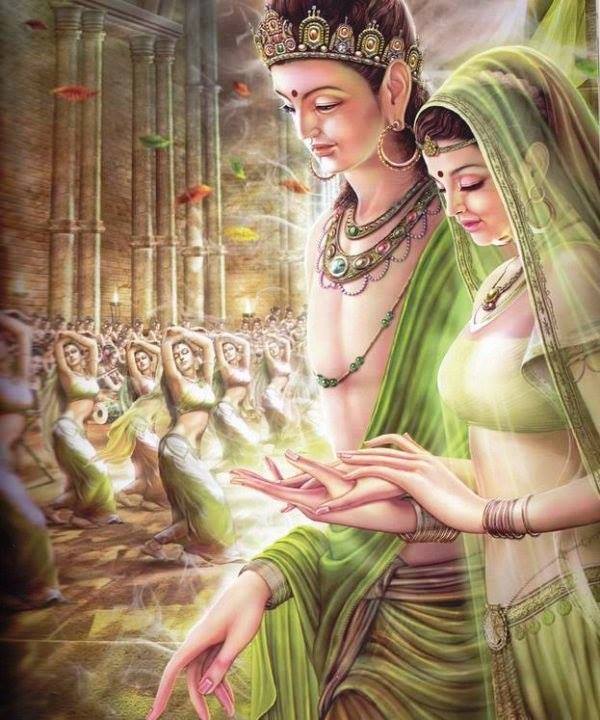
Yes — according to traditional Buddhist texts, he was born as Sidhartha (Siduhath), son of King Suddhodana.
But let’s think logically:
- 🏰 If he was truly a prince of a recognized kingdom…
- 👑 And his father ruled a notable land…
- 📜 Why do no other kings or empires ever mention this royal family?
- ✍️ Why does no historical record outside Buddhist texts talk about King Suddhodana, Kapilavatthu, or the Sakya clan?
This silence speaks louder than any claim.
A Historical Disconnection
Buddhist texts (mostly preserved in Sri Lanka, not India) describe the Buddha’s connections with kings like:
- Bimbisara of Magadha
- Ajatashatru, his son
- Pasenadi of Kosala
But again — these kings are not found in any known Persian, Greek, or Babylonian records.
That’s strange, because at the same time…
- The Persians were documenting their conquests in stone inscriptions
- The Greeks were recording military campaigns
- Even the Chinese wrote about kings and sages
Yet no mention of the Enlightened One.
What About Wars? Did the Buddha Ever Try to Stop Them?
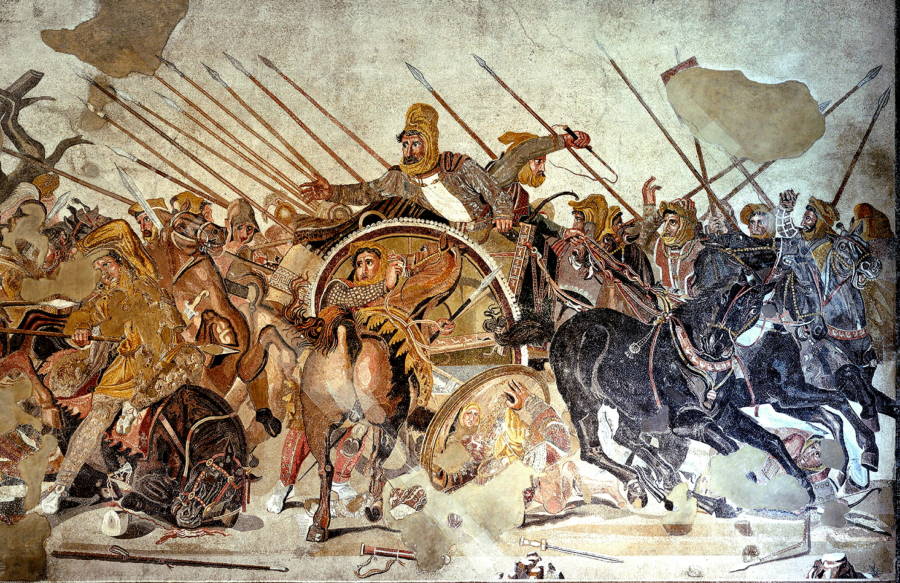
During his lifetime, the world was full of wars:
- Cyrus the Great was conquering Babylon, Media, and Lydia
- Darius I fought against Scythians, Greeks, and expanded east
- Greece and Persia began the epic Greco-Persian wars (Battle of Marathon, Thermopylae)
- Egypt fell to Persian rule
- China was in constant internal war during the Spring & Autumn period
Yet the Buddha — said to be the greatest peace teacher in history — never intervened in any of these wars. He never mentioned them.
He never gave advice to foreign kings or offered messages of peace across borders.
Why?
Because He Was Never in India
The popular story is that the Buddha came “to Lanka” from India.
But this doesn’t add up:
- If he could travel to Lanka, he could’ve gone to Persia, Egypt, or even China.
- Why only “come” here and go nowhere else?
🧠 The real answer is: He didn’t come here. He was already here.
Lanka wasn’t a foreign land he visited — it was part of the great island where he was born, taught, and attained enlightenment.
The Greater Land: Siw-Helaya
Ancient Lanka wasn’t just the small teardrop-shaped island we see today. The land was once a larger connected island, divided into four regions — known as Siw-Helaya:
- 🏞️ Four slopes or river systems divided the land
- 🌿 Different tribes and cultures lived across it: Nagas, Yakkhas, Devas, Brahmanas
- 🕊️ The Buddha moved within this land — not across distant continents
He taught in Bambaragala, attained enlightenment at Hiriwadunna, gave sermons at Isinbassagala, meditated at Ritigala, and passed away at Budugala.
This journey never left the island.
The Global Silence — Finally Understood
The Persian kings never mentioned the Buddha because…
They didn’t know about him.
The Buddha never mentioned the Persian Empire because…
It had nothing to do with his land or his mission.
Global empires were chasing power and conquest.
The Buddha was walking among mountains, rivers, and caves — not capitals.
Conclusion: The Message Was Local, But Eternal
While the rest of the world was at war, one man was walking through forests, talking about the end of suffering.
And he did not travel to Lanka from India.
He was already in Lanka — or more accurately, he was in the sacred center of the ancient Siw-Helaya island.
That’s why no one else mentioned him.
And perhaps… that’s exactly how it was meant to be.
Lord Buddha’s silence in history is not a mystery — it is a map. We just weren’t looking in the right direction.
